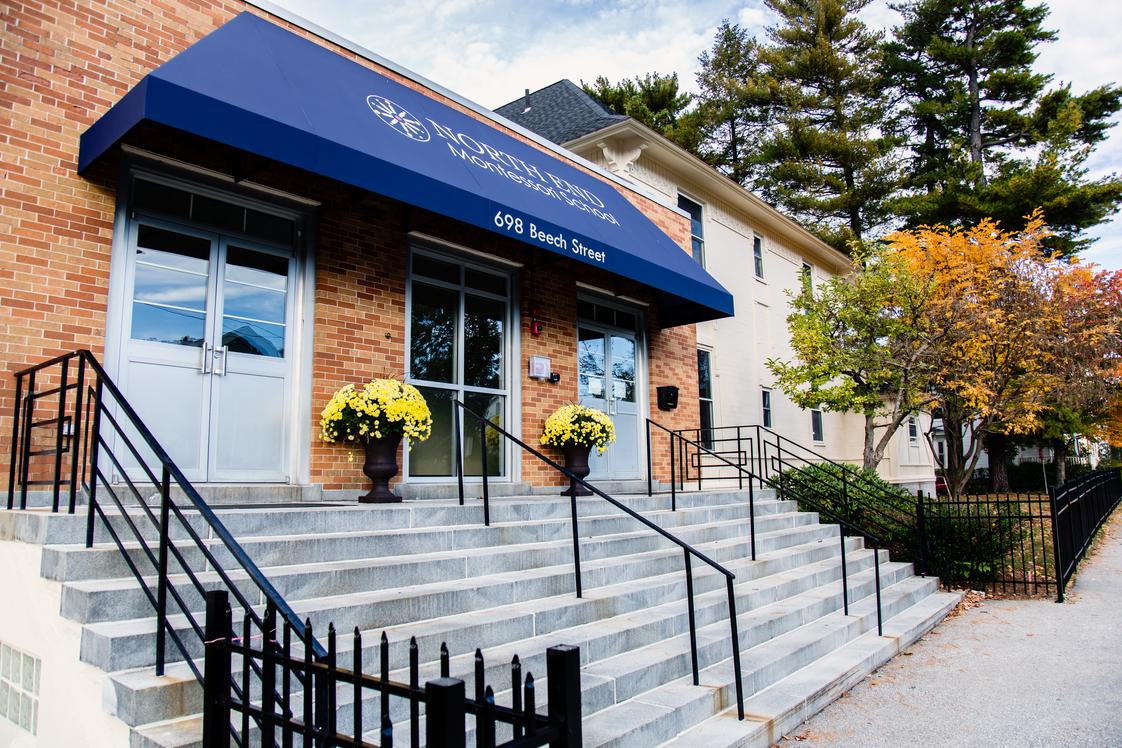The Montessori approach to early childhood education is famous for its child-centered philosophy which encourages independence, creativity and a love of learning. This complete guide explores the benefits that Montessori daycare, Montessori Kindergarten, Montessori Preschool and Montessori Elementary School could bring to children’s development.

Montessori Daycare instilling independence Right from the Start
Montessori daycare programs are designed to nurture independence and self-confidence in the youngest learners. They create a secure and stimulating atmosphere in which youngsters as young older than toddlers can discover and develop at their own pace. The Montessori classroom has age-appropriate resources which promote motor skill development as well as sensory exploration.
Teachers at Montessori daycares act as facilitators, not traditional instructors. They assist children in their learning experience. This helps children develop critical thinking abilities and promotes an appreciation for their own autonomy. Montessori daycares are full of activities such as spooning beans or pouring water on clothing. These activities are all designed to enhance fine motor skills.
Montessori Kindergarten: A foundation for Lifelong learning
The main focus of the Montessori kindergarten curriculum shifts a little as children move to it. It incorporates more structured academic instruction, but encouraging independence and self-directed learning. The Montessori kindergarten curriculum is rich and varied, encompassing language, mathematics, cultural studies, and practical life skills.
The mixed-age classroom is an essential element of Montessori kindergarten, where children of various age groups learn together. This allows older children to teach younger children concepts, while the latter can enhance their own understanding. The peer learning aspect encourages social skills as in fostering a sense of community in the classroom.
Montessori kindergarten is an engaging setting that emphasizes the real-world aspects of learning. For instance, math may be taught with manipulatives, such as rods and beads, which allow children to grasp abstract concepts using physical interaction. Stories, phonetic exercises and writing activities are all used to encourage language development.
Montessori Preschool: Fostering curiosity and exploration
Montessori preschools build on the foundations laid by kindergarten and daycare, focusing on exploration, curiosity, as well as a passion for learning. Preschools are designed to be stimulating as well as educational and enjoyable. It has curriculum and activities that are geared to the ages from 3 to 6 years olds.
In a Montessori preschool children are free to pick their preferred activities and work at their own pace. This freedom fosters intrinsic motivation, as well as the feeling that they are responsible for their learning. The preschool program is comprised of mathematics, language and cultural studies, as well as with real-life activities.
Practical life-skills, such as cooking, cleaning, and gardening are an integral part of Montessori preschool education. These activities assist children in acquiring important life skills, as well as coordination, concentration and independence. Sensorial activities, on the other hand are designed to enhance the five senses and enhance the development of cognitive abilities.
Montessori Elementary School: Get Ready for Academic Success and Beyond
Montessori elementary schools are a continuation of the concept of focusing on the child’s needs, while being more focused on academics. They are still a nurturing environment for the whole child. The curriculum is interconnected and integrated which helps children understand the relationships between different academic areas.
The children in an elementary Montessori school are engaged in extensive research, collaborative learning and hands-on exploration. The classroom environment promotes the development of critical thinking and curiosity and the materials are designed so that they meet the needs of different students and capabilities.
The Montessori method of elementary education places an intense importance on “cosmic” education, which helps children understand their place in this world and the interconnectedness of everything. This model fosters an understanding of responsibility toward the environment and fellow humans and prepares students to become aware, knowledgeable global citizens.
Conclusion Conclusion: The Montessori approach, which encompasses early childhood education and daycare is a unique method to help a child grow. Through fostering independence and curiosity, as well as an interest in learning, Montessori education teaches youngsters with the tools and attitudes they require for lifelong success.